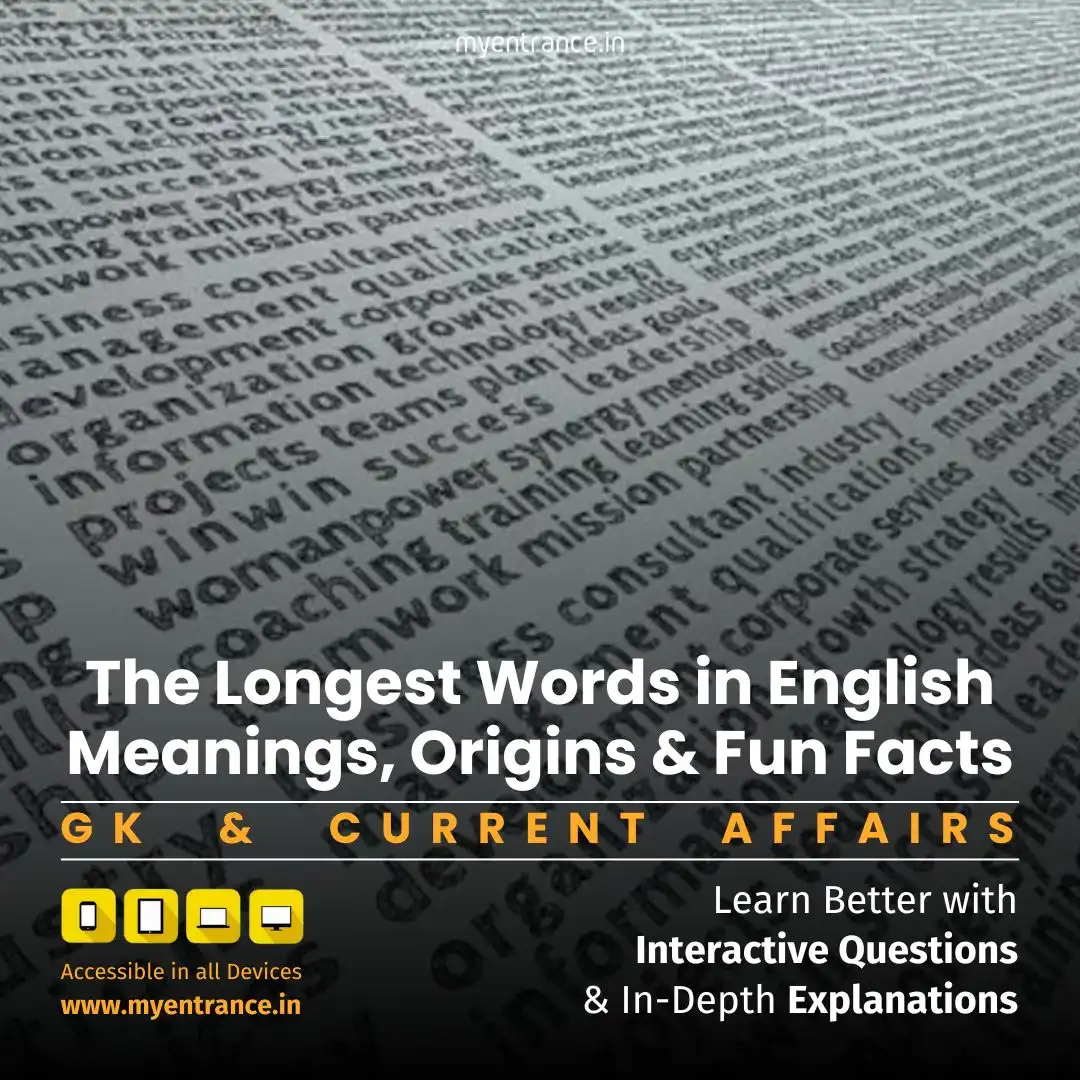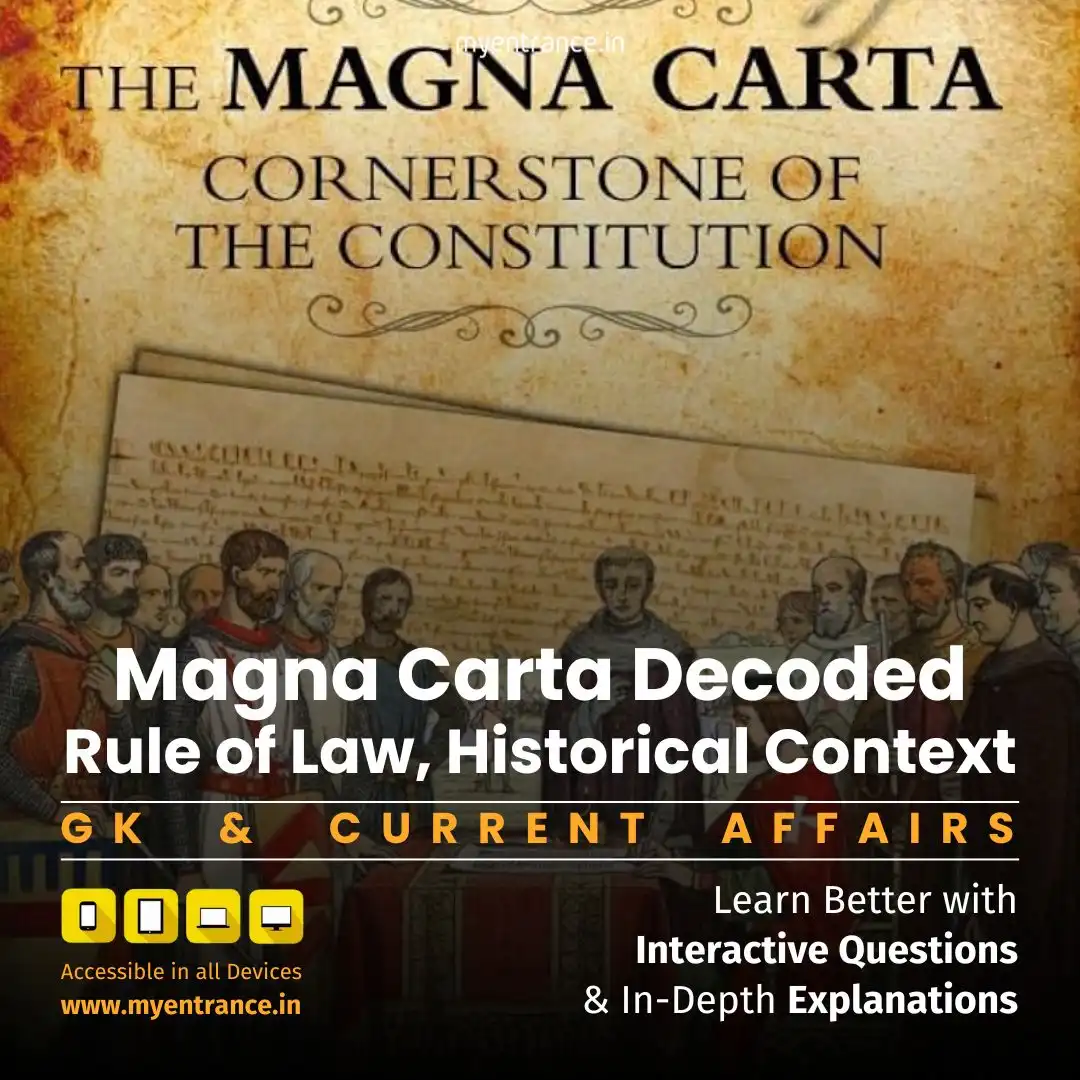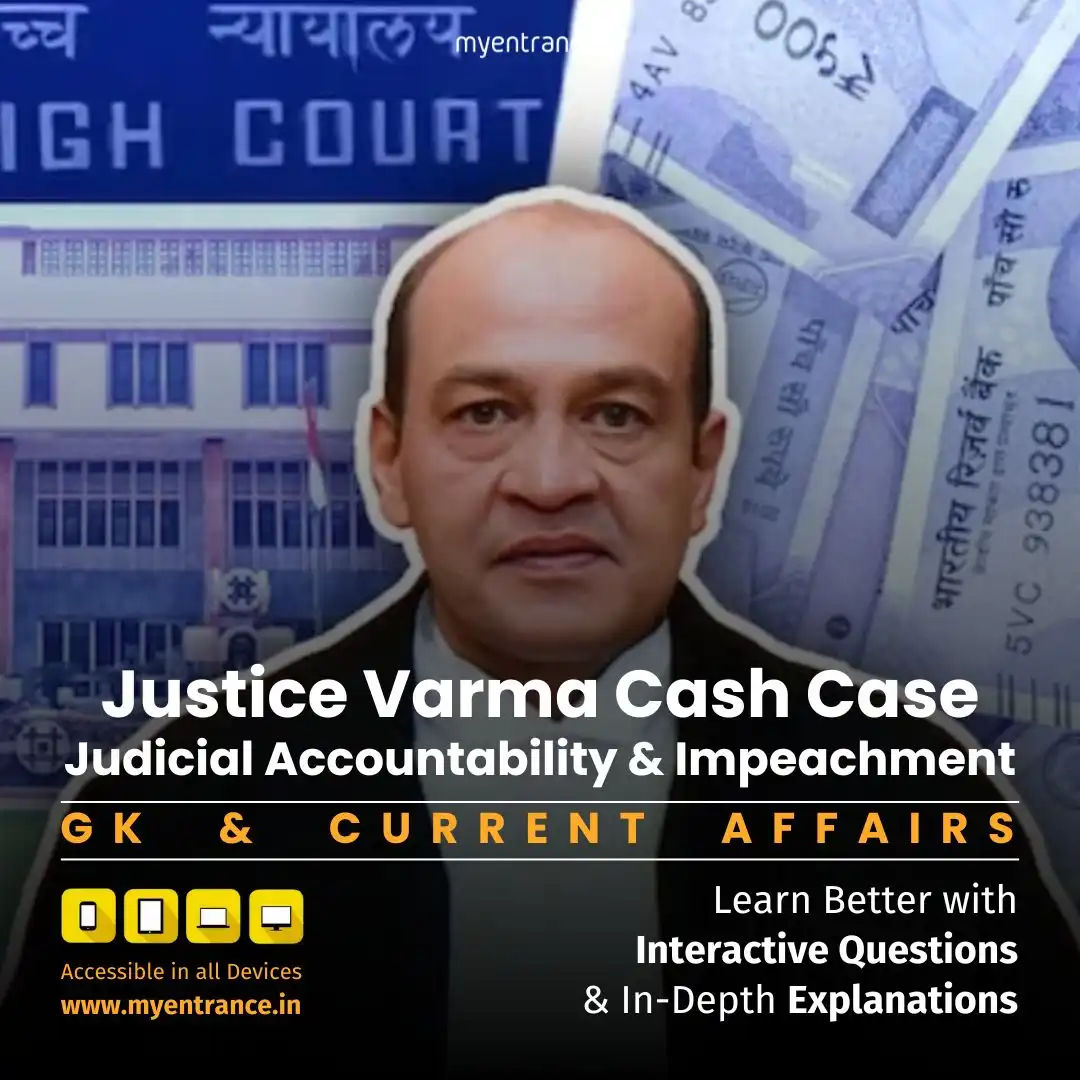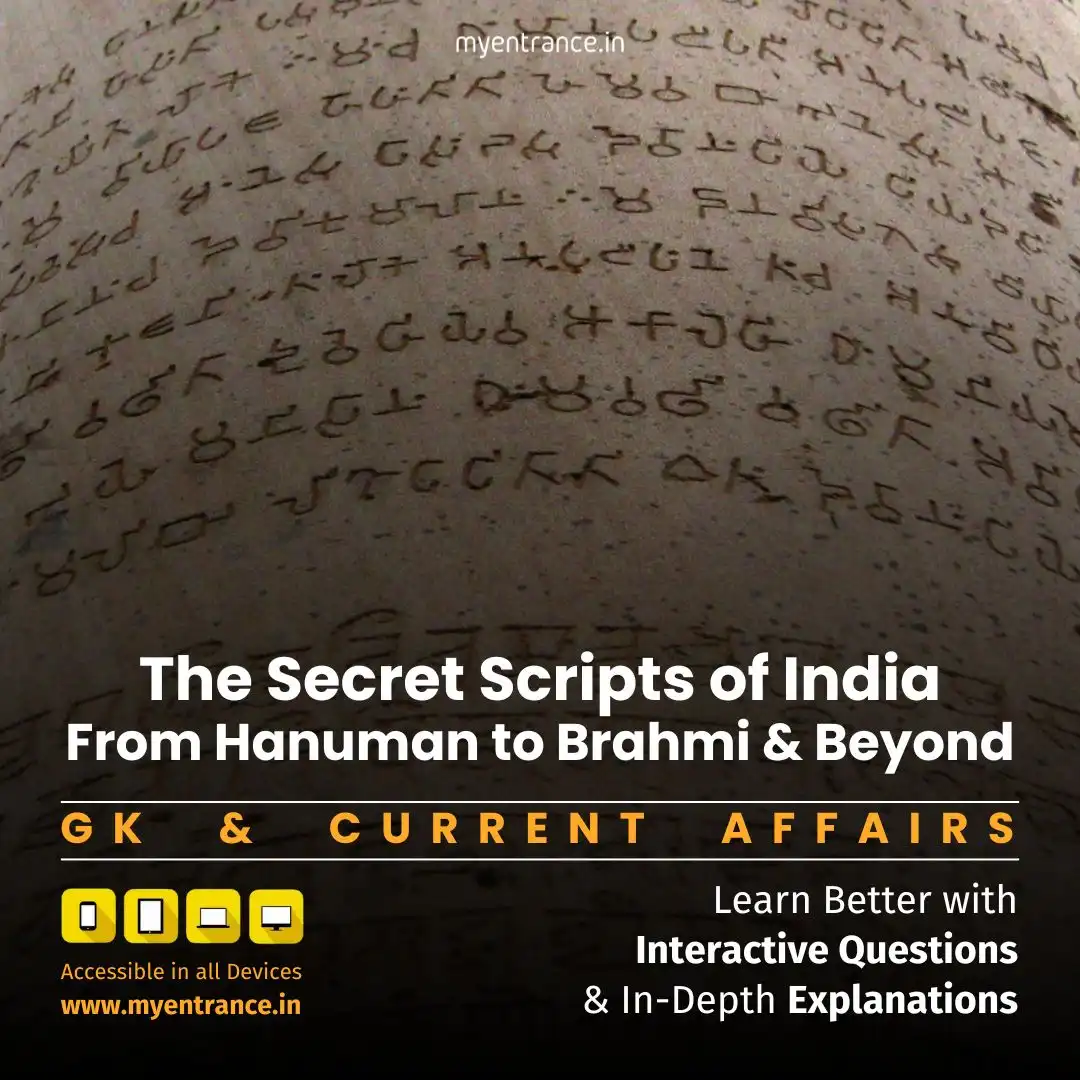Select Language
The Longest Words in English: Meanings, Origins & Fun Facts
English is a language full of surprises, especially when it comes to extraordinarily long words. From medical terms to whimsical creations, some words stretch the limits of pronunciation and comprehension. Let’s dive into the world of the longest English words and uncover their meanings, origins, and usage.
The Longest Words in English & Their Meanings
1. Pneumonoultramicroscopicsilicovolcanoconiosis (45 Letters)
This mouthful refers to a lung disease caused by inhaling very fine silica dust, typically from volcanoes. Interestingly:
It was deliberately created to be the longest English word.
Medically, it’s the same as silicosis, a well-known occupational hazard.
Despite its length, it’s rarely used in real medical contexts.
2. Pseudopseudohypoparathyroidism (30 Letters)
Found in the Oxford English Dictionary, this term describes a rare genetic disorder that mimics symptoms of another condition (pseudohypoparathyroidism) but with normal calcium levels.
3. Floccinaucinihilipilification (29 Letters)
The longest non-technical word in major dictionaries means “the act of considering something as unimportant or worthless.”
It dates back to 1741 and is derived from Latin roots.
While obscure, it occasionally appears in literary or philosophical discussions.
4. Antidisestablishmentarianism (28 Letters)
A historical term referring to opposition to the withdrawal of state support from an established church (particularly in 19th-century England).
Surprisingly, Merriam-Webster excludes it due to lack of sustained usage.
5. Electroencephalographically (27 Letters)
The longest word in Merriam-Webster, this term relates to electroencephalography (EEG), a method of recording brain activity.
Do People Actually Use These Words?
Most of these lengthy terms are rarely seen in everyday writing or speech. According to linguist Ross Eckler:
The longest words likely encountered in general text are “deinstitutionalization” and “counterrevolutionaries” (22 letters each).
A study of over a million English texts found that “uncharacteristically” (20 letters) is the longest commonly used word.
Sample Questions & Answers (For Quiz Practice)
Q1. What is the longest word in the English language?
A: Pneumonoultramicroscopicsilicovolcanoconiosis (45 letters), referring to a lung disease caused by silica dust.
Q2. What does “floccinaucinihilipilification” mean?
A: It means “the act of considering something as worthless.”
Q3. Is “antidisestablishmentarianism” in Merriam-Webster’s dictionary?
A: No, it was excluded due to lack of widespread usage in its original sense.
Q4. What is the longest non-technical word in English dictionaries?
A: Floccinaucinihilipilification (29 letters).
Q5. Which 20-letter word is most commonly found in everyday English?
A: “Uncharacteristically” is the longest frequently used word in general texts.
Most Predicted Questions
Comprehensive study materials, Expert-guided tips & tricks, Mock tests and instant results.
Start your SSC, NIFT, NID, FDDI, PSC journey today with MyEntrance, your ultimate online coaching platform.
















